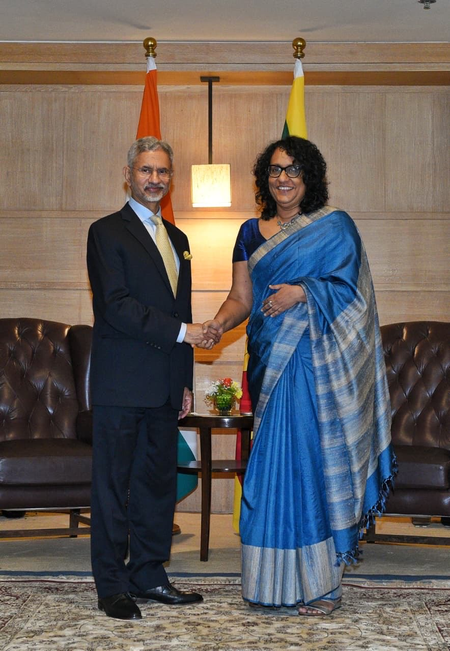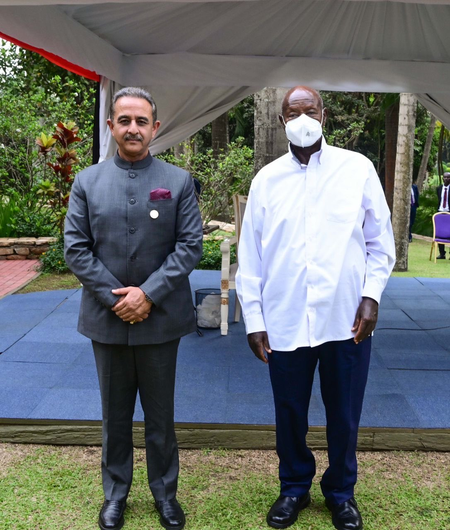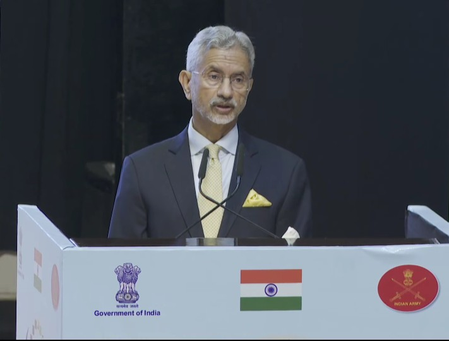
Islamabad, Sep 9 (IANS) Pakistan’s unlawful mass surveillance and censorship expansion, enabled by a nexus of foreign companies, exposes how Pakistani authorities have obtained technology through a covert global supply chain, an Amnesty International report detailed on Tuesday.
It stated that the sophisticated surveillance and censorship tools include the new firewall (the Web Monitoring System [WMS 2.0]) and a Lawful Intercept Management System (LIMS).
The report titled ‘Shadows of Control’, the human rights body documented how the WMS firewall has evolved over time, initially using technology supplied by a Canadian company.
“Pakistan’s Web Monitoring System and Lawful Intercept Management System operate like watchtowers, constantly snooping on the lives of ordinary citizens. In Pakistan, your texts, emails, calls and internet access are all under scrutiny. But people have no idea of this constant surveillance, and it’s incredible reach. This dystopian reality is extremely dangerous because it operates in the shadows, severely restricting freedom of expression and access to information,” said Agnes Callamard, Secretary General at Amnesty International.
Callamard details that the mix of inadequate laws and new technologies are accelerating the State’s capabilities to restrict the rights to privacy, freedom of expression and freedom of peaceful assembly, all of which contribute to a “chilling effect” and a “shrinking of civic space” in the country.
The human rights organisation further asserted that concerns around unlawful surveillance and online censorship in Pakistan have been longstanding.
“Under an oppressive political landscape, the country’s legal system offers no real protection against mass surveillance. Domestic laws lack safeguards and those that exist, such as warrant requirements under the Fair Trial Act, are often ignored, while authorities acquire ever more sophisticated surveillance and censorship tools from foreign companies. The purchase of these sophisticated technologies has amplified the country’s capacity to silence dissent, including by targetting journalists, civil society, and the public,” the Amnesty International report stated.
Speaking to the rights body, a journalist mentioned that constant surveillance has forced him towards self-censorship. He also outlined that after publishing a story on corruption, he came under severe surveillance of Pakistani authorities, which affected him and those around them.
“Obviously, everything is monitored, be it email or calls. After the story, anyone I would speak to, even on WhatsApp, would come under scrutiny. (The authorities) would go to people and ask them, why did he call you? (The authorities) can go to these extreme lengths… now I go months without speaking to my family (for fear they will be targetted),” the Amnesty International quoted the journalist as saying.
–IANS
scor/as




